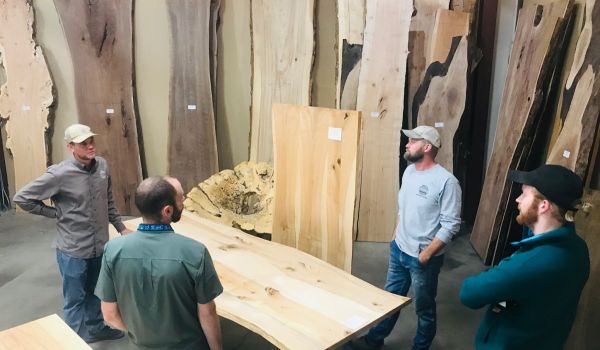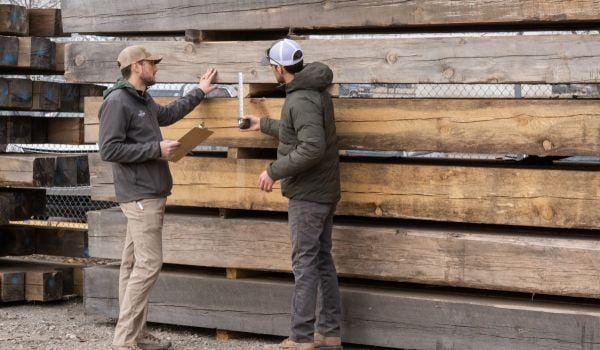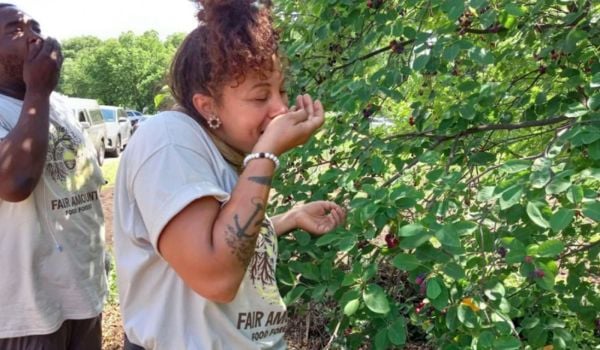A new study of 5.6 million trees across 63 U.S. cities’ tree inventories suggests city leaders arranging tree planting shouldn’t just decide on tree species based on hardiness and appearance – they should also consider mixing species strategically and planting more native species.
The study, published in the journal eLife, found that urban trees tended to be clustered by species in 98% of cities studied, even among cities which had relatively high levels of tree species diversity. About 46% of urban trees in U.S. cities were introduced species.
Researchers say this not only drives homogenization of urban ecosystems across cities with varying geographies and climates – it also decreases their resilience.
“We want the city trees we plant to live long healthy lives, and that means our planting decisions leave a long legacy,” co-author Ben Goulet-Scott, the Higher Education and Laboratory Coordinator at the Harvard Forest ecological field station, notes in a series of tweets. “Urban environments are not an easy place for most tree species to survive, and that fact in particular curates our go-to list of city tree species.”
Use of naturally-occurring species is critical, as they support richer local ecosystems, including bird and butterfly communities. Species clustering and reliance on introduced species may leave urban forests more vulnerable to species-specific pests or disease, such as the Emerald Ash Borer or Dutch Elm Disease. It can also reduce their health and ecological benefits.
“Many studies show that urban forests help humans – they save money, clean the air, and more – but few have assessed city tree biodiversity, which protects forests from being wiped out by disease or climate change,” says co-author Dakota McCoy, a science fellow at Stanford University. “More diverse forests also confer greater mental health benefits for humans and support more wildlife.”
These mental and physical health benefits of species-rich urban forests, which include cooling urban heat islands, also suggest an environmental and health justice component to tree biodiversity. In their study, the researchers advocated for further examination of city tree diversity by income and other demographic factors.
“Humans consciously control urban ecosystems, in part by selecting and planting city trees. We have an opportunity to design diverse, spatially heterogeneous city tree communities with fewer introduced species,” thus improving human health and wildlife ecosystems, and developing resilience against climate change, pests and diseases, the authors concluded.
“We should use green decision-making to forge a path toward a sustainable urban future.”
Aysha Khan is the managing editor at Next City.
Follow Aysha .(JavaScript must be enabled to view this email address)

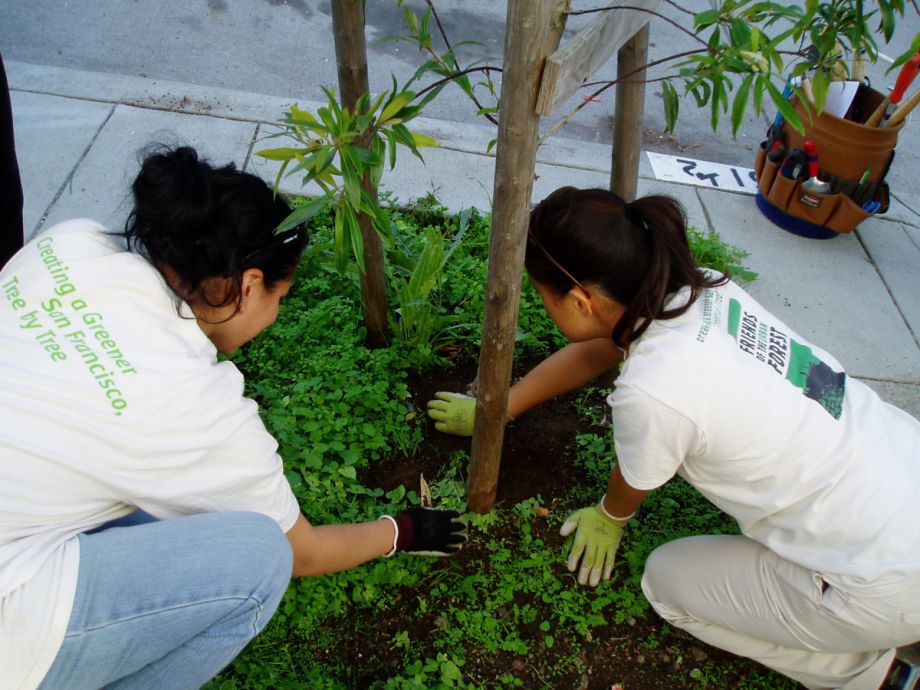
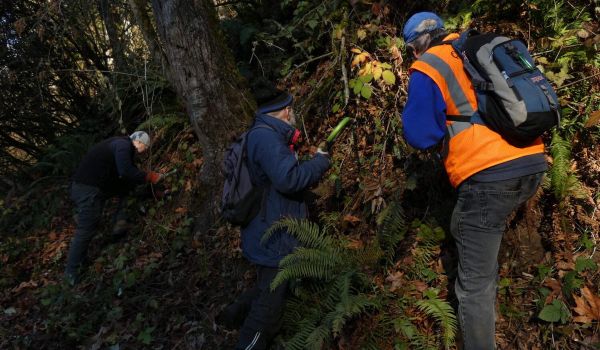
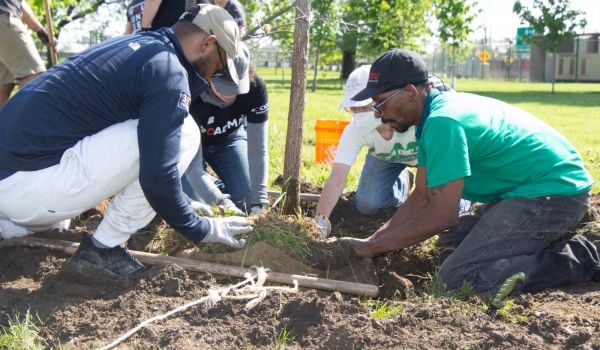
_600_350_80_s_c1.JPEG)
